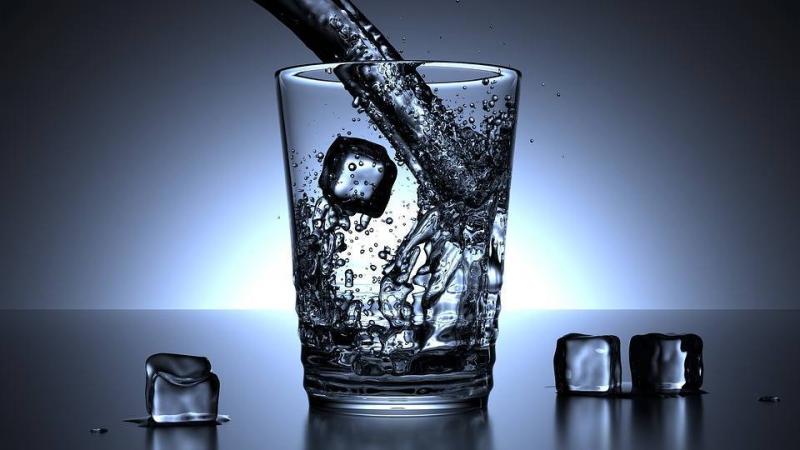Some individuals may experience severe and persistent dehydration during Ramadan due to not drinking enough fluids at Iftar and Suhoor. Health experts reveal that drinking water in moderation throughout the Iftar and Suhoor periods is essential to remain hydrated throughout the day. It is also advised to limit the intake of coffee and tea, which are diuretics, during the Iftar period, particularly since these beverages can lead to quicker dehydration. If you are concerned about weight gain during Ramadan, it is advisable to avoid high-calorie sugary drinks during Iftar, opting instead for plain lemon water or cucumber water.
Here are the key tips to avoid thirst while fasting during Ramadan:
- **Do Not Drink Excessive Water During Suhoor**
There is a common misconception that drinking a lot of water at Suhoor helps overcome thirst during fasting; however, the scientific truth is that the kidneys expel water after a few hours. Medical recommendations advise distributing water intake in sufficient quantities between Iftar and Suhoor to maintain hydration throughout the fasting period.
- **Eat Cucumber and Watermelon**
Experts state that cucumber is 95% water, and there are many fruits that contain water, such as watermelon, apples, oranges, and grapes.
- **Avoid Coffee**
Experts recommend limiting coffee intake to reduce its side effects. It is preferable to consume coffee in moderation, not exceeding four small cups a day. Additionally, they advise reducing fizzy drinks, especially at Iftar, as they can create a feeling of fullness and disrupt digestion.
- **Natural Drinks**
It is advisable to avoid hot cocoa and energy drinks during the Suhoor period to prevent thirst while fasting. Green tea and natural juices, such as cranberry juice, can help reduce feelings of thirst.
- **Avoid Salty Foods**
Health experts recommend reducing salt in food and limiting the consumption of highly salted or spicy foods like pickles, olives, salted fish, and flavored fries, as they increase thirst during the day. It is important to consume foods with moderate salt levels and avoid salty foods such as ready-made meals and certain cheeses, especially during Suhoor, as salt increases feelings of thirst.




